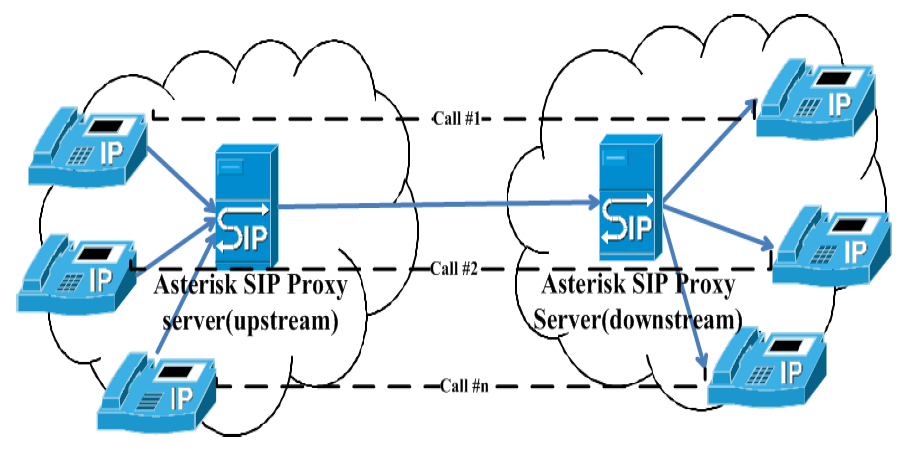
The extent and diversity of systems provided by IP networks have lead various technologies to approach integrating various types of access networks and converting to next generation network. On account of features as being in text form, end-to-end connection, independence from the type of transmitted data, and supporting various forms of transmission, is an appropriate choice for signaling protocol in order to make connection between two IP network users. These advantages have made SIP be considered as a signaling protocol in IMS, a proposed signaling platform for next generation networks. Despite having all these advantages, SIP protocol is in lacking of appropriate mechanism for addressing overload. In this paper the window-based overload control mechanism which does not require explicit feedback is developed and implemented on Asterisk open source proxy and evaluated. The results of implementation show that this method could practically maintain throughput in case of overload. As we know this is the only overload control method which is implemented on a real platform without using explicit feedback. The results show that the under load server maintains its throughput at the maximum capacity.